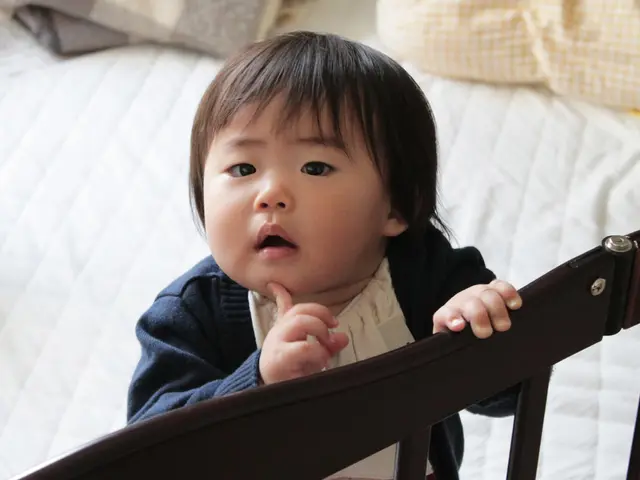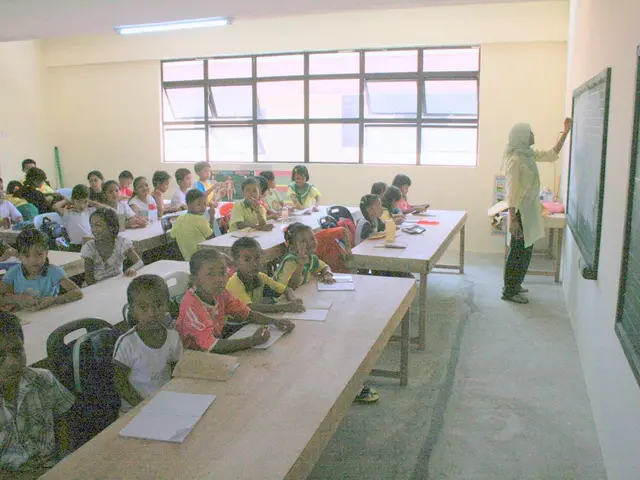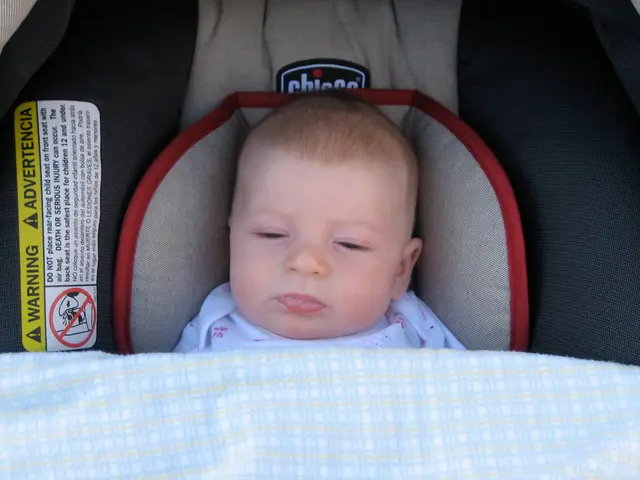Can Family Trauma Be Passed Down and Addressable?
Cutting-Edge Science Reveals: We Can Inherit Our Parents' Trauma
Haven't you ever wondered why some families seem to be stuck in a pattern of emotional turmoil, passed down through generations? That's because we can inherit our parents' trauma, a phenomena unveiled in cutting-edge science.
A fascinating book that caught my eye was It Didn't Start With You: How Inherited Family Trauma Shapes Who We Are and How to End the Cycle by Mark Wolynn, a pioneer in the study of inherited family trauma. This book, grounded in Wolynn's work as a psychologist and director of the Family Constellation Institute, sheds light on how our past family history can be the source of our current emotional problems and fears – and can also offer concrete tools for healing.
In simpler terms, your ancestors' traumas can become your own.
Tracing Our Inner Turmoil to Our Ancestors
The book explores how the traumas of our ancestors are stored epigenetically in their cells and can be transmitted through procreation. This process can lead to unresolved problems resurfacing in our lives until one of us breaks the cycle by healing the wound.
Unresolved issues of our parents, grandparents, or great-grandparents may manifest in our lives, causing self-destructive behaviors. We might have fears, negative thoughts, or problems with anxiety or depression that have no obvious explanation in our own lives – these could be right there in our genetic makeup.
Healing Through Insight and Forgiveness
The book shares the story of one of Mark Wolynn's patients, Sandy, the daughter of a holocaust survivor. Sandy had a deep-rooted fear of death and claustrophobia, and by delving into her family history, the psychologist discovered the connection to her grandparents and an aunt who died in the gas chambers at Auschwitz.
In my own experience, I was able to identify the origin of one of my biggest fears. I had an irrational fear of being alone and of never finding anyone to support me in difficult times. After reading the book, I spent time with my grandparents and parents, learning about their stories. Upon reflection, I realized that the pattern of feeling alone and fearing the future came from a line of ancestors who faced similar struggles – my maternal great-grandfather, grandmother, and mother all experienced being alone for prolonged periods.
To heal inherited traumas and stop repetitive family histories, forgiveness and compassion towards our parents play a crucial role. To break the chain, we must cultivate genuine and sincere love for our parents, as we did when we were babies and adored our mother. The key is to rebuild the broken relationships with our parents and not hold any grudges, resentment, or bitterness towards them.
Reconnecting with Our Roots
The path to healing can be long and challenging, but it's worth it. I forgave my mother, asked for her forgiveness, and prayed for her. Over time, I worked on it consciously, knowing that all change demands effort. Today, my fear is gone, and I've ensured that I won't pass the same problems and emotional fears onto future generations.
The Baha'i teachings, with a focus on forgiveness, compassion, and unity, can inspire us to continue loving our parents and fostering the growth of our healing journey. Healing inherited traumas, one step at a time, is not just a personal victory – it's an opportunity for unity within our families and a gift for future generations.
- In the realm of health-and-wellness, a growing body of science points towards the influence of family history on mental health, demonstrating that our ancestors' traumas can impact our own mental health through inheritance.
- To better understand this connection, resources like Mark Wolynn's book, It Didn't Start With You, delve into the concept of inherited family trauma and how it can manifest in modern-day family-health issues such as anxiety, depression, and self-destructive behaviors.
- Guided by insights from science and proven therapies-and-treatments, reconnecting with our roots by exploring family histories and embracing forgiveness and compassion towards our parents, plays a vital role in healing these generational traumas and breaking the cycle for the sake of our family-health and our future offspring.








